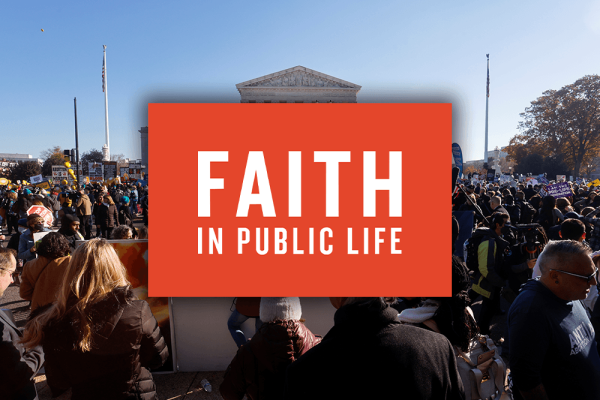Aug 28, 2025
Faith in Public Life, a nonprofit that organizes clergy and faith leaders toward progressive causes, laid off 90% of its staff, CEO Jeanné Lewis confirmed to Sojourners.
Lewis said the decision, which reduced FPL’s staff from 19 to just two on Aug. 1, was both strategic and financial, in response to changes from institutional philanthropy and grant-makers. FPL and its sister organization, Faith in Public Life Action—which Lewis also heads—will scale back programming as a result of the shift.
Read the Full Article

Already a subscriber? Login
